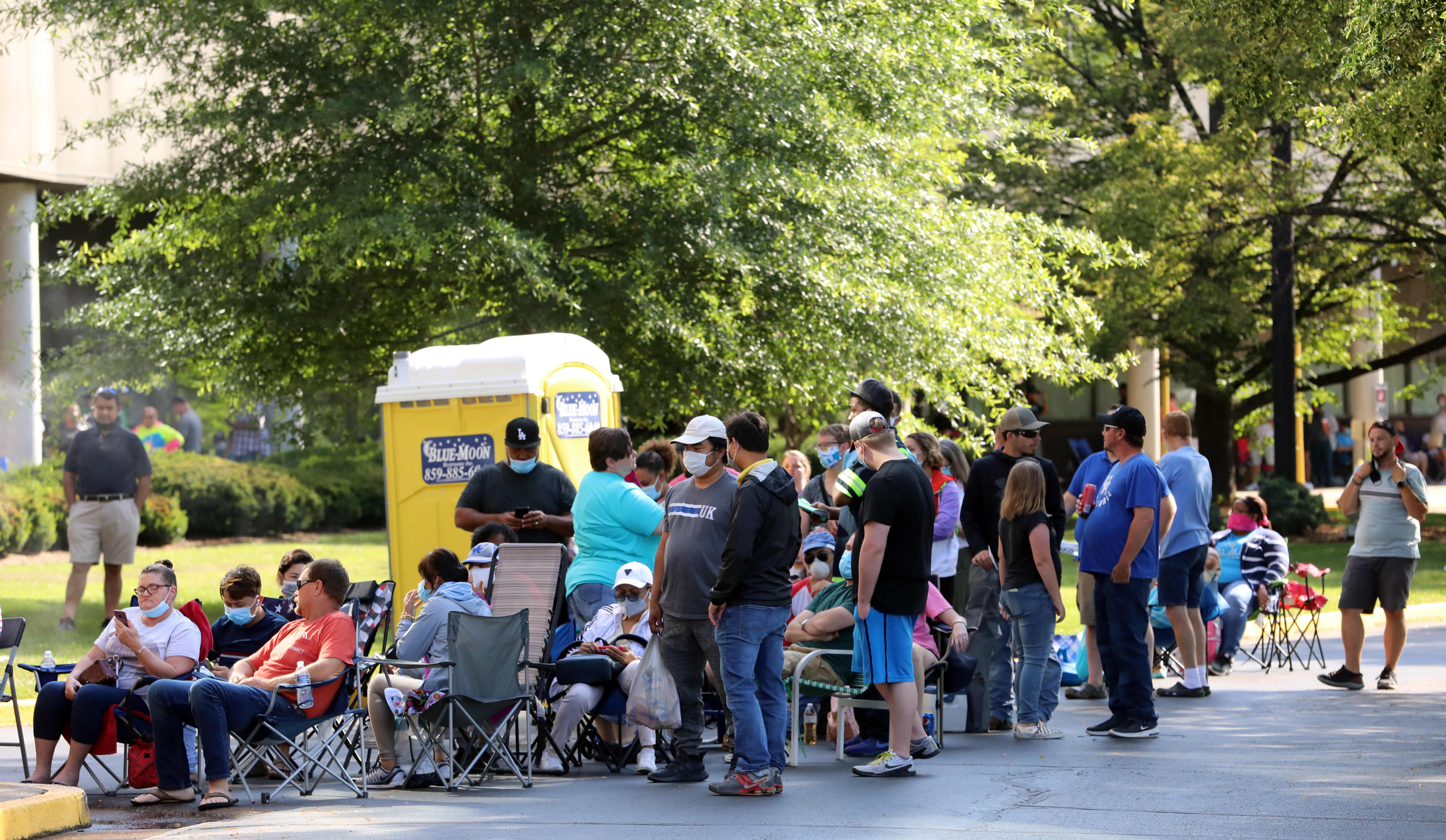
What to Know
- The program, part of the intercollegiate Justice Education Initiative, is touted as the first of its kind nationwide.
- The 32-course requirement for an inmate's graduation is the same for students attending outside the correctional system, according to campus officials.
- To qualify for admission, inmate students must also have accumulated three years of college credits -- two years from community colleges and one from a four-year accredited institution -- via distance learning or other means.
A new program offered through Claremont Colleges is providing prisoners at the California Rehabilitation Center in Norco with access to four-year bachelor degree opportunities, via livestreamed classes that traditional students also attend.
The "Inside-Out Pathway-to-BA'' at Pitzer College in Claremont is focused on giving incarcerated individuals the means to acquire liberal arts degrees, and the first eight enrollees from the prison are bound for graduation next year, if they stay the course, according to campus officials.
"Pitzer is demonstrating that there is a sustainable way for colleges and universities to build degree programs in prisons and better serve the needs of their traditional students,'' political studies professor Nigel Boyle said. "Widely replicated, this model can have a crucial role in moving the U.S. away from this cycle of mass incarceration.''
Claremont Colleges, which along with Pitzer includes four other undergraduate colleges and two graduate schools, announced Thursday that the first acceptance letters for the Inside-Out Pathway-to-BA program had been sent.
The program, part of the intercollegiate Justice Education Initiative, is touted as the first of its kind nationwide.
"Inside-Out Pathway-to-BA is at the heart of the college's educational objectives and core values, particularly social and racial justice, social responsibility and the ethical implications of knowledge and action,'' Pitzer President Melvin Oliver said. "Our Claremont students and faculty get the experience of a unique academic environment, and it provides 'inside' students a path to a better future.''
The 32-course requirement for an inmate's graduation is the same for students attending outside the correctional system, according to campus officials. To qualify for admission, inmate students must also have accumulated three years of college credits -- two years from community colleges and one from a four-year accredited institution -- via distance learning or other means.
The current crop of incarcerated students is working toward baccalaureate degrees concentrated in "organizational studies,'' which encompasses elements of psychology, sociology and economics, Oliver said.
All students, whether behind bars or learning from home, can interact via online platforms, he said.
Claremont Colleges published data indicating that education has a direct bearing on recidivism rates. One study showed that 86% of inmates released from prison are likely to perpetrate crimes within three years of parole. However, the odds of recidivism drop 40% when parolees receive some form of education while locked up. It also leads to enhanced employment prospects, according to the research.




